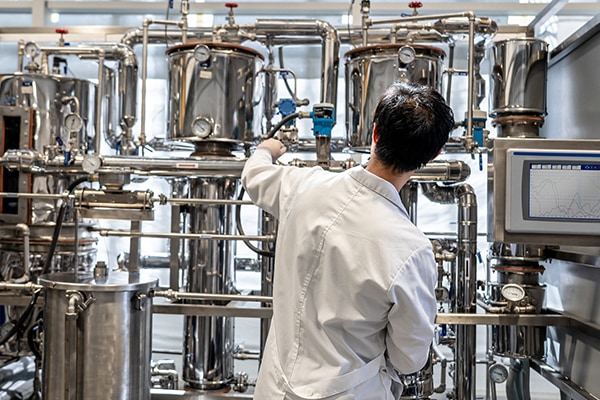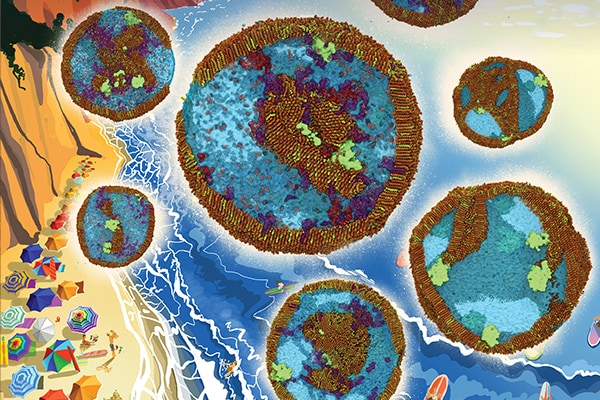How may cell therapeutics offer cures for untreatable diseases? For instance, although Provenge is an inactivated T-cell vaccine for prostate cancer, live and functional CAR T-cell products do exist like Kymarih for acute myeloid leukemia and Yescarta for lymphoma. While gene therapeutics may be manufactured, and distributed through traditional dosage forms like injectables, autologous CAR T-cell therapies differ as they require collecting cells, transforming and expanding them in clean manufacture facility as well as re-introducing these recombinant cells to the same patient.
Join Rodney J.Y. Ho of the TLC- ART Program at the University of Washington as he discusses how the therapeutic use of recombinant T-cells expressing chimeric antigen receptor (CAR T) can be used as a personalized treatment. This requires careful planning and tracking for product manufacture and a well-trained and coordinated care team. During this free interactive broadcast, discover how the complexity of product development and delivery provide chemists, pharmaceutical and regulatory scientists as well as pharmacists, the opportunity to innovate and define their role in creating precise and personalized medicines.
What You Will Learn
- What is chimeric antigen receptor T or CAR-T autologous cell therapeutics and how they are transformed from research to clinical products
- With a number of products on the market, what are the scientific, regulatory, logistic, and market challenges
- How scientists and experts could and should contribute and participate in this evolving and exciting field













